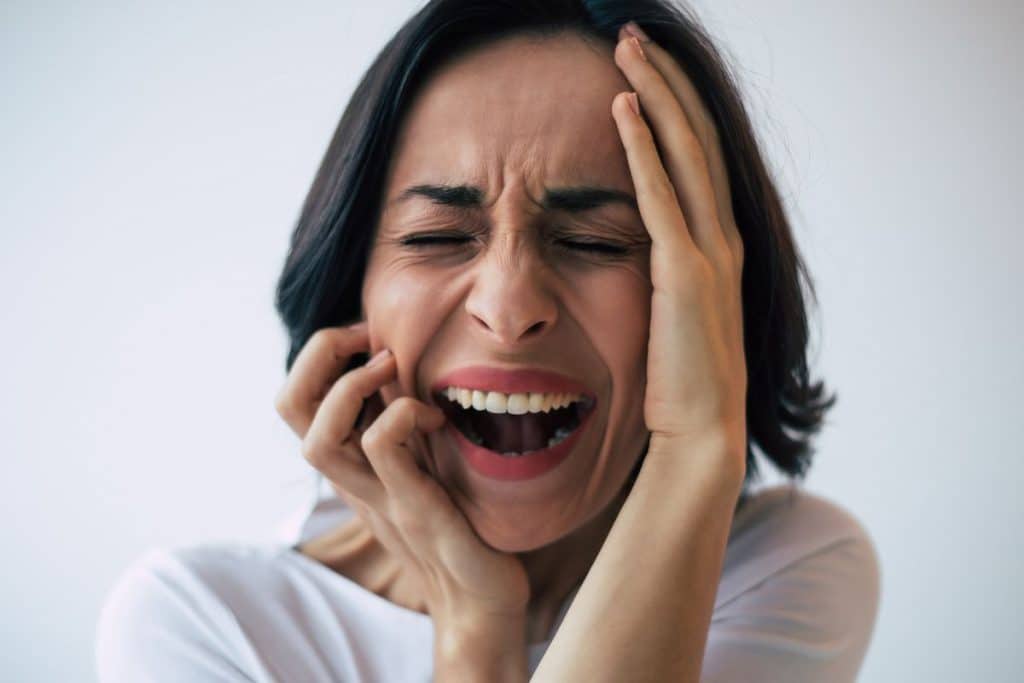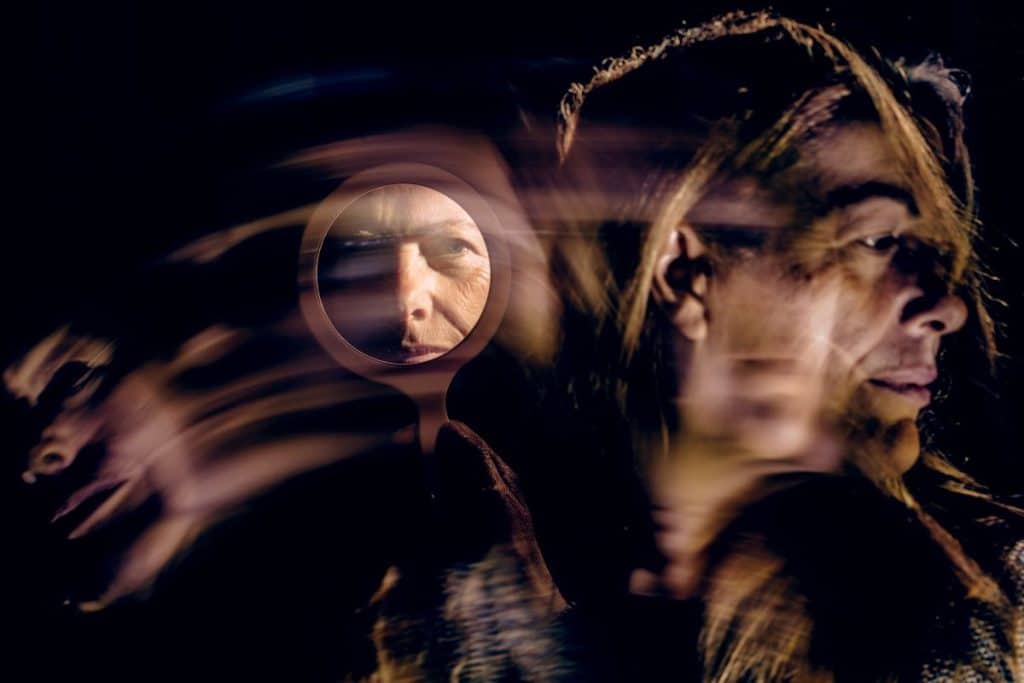Bipolar disorder is a serious mental illness that affects millions of people worldwide. It can be difficult to diagnose and treat, and as such, is often misdiagnosed.
In fact, studies show that up to 50% of people who have been diagnosed with bipolar disorder have actually been misdiagnosed. This raises the question: how often is bipolar disorder misdiagnosed?
In today’s post, we will explore this topic and look at why it’s so common for the diagnosis to be missed or inaccurately made. We will also discuss some signs and symptoms to look for if you believe you may be suffering from this mental illness or another.
How Is Bipolar Disorder Diagnosed And Why Is It Misdiagnosed?
Bipolar disorder is a mental illness that is characterized by extreme changes in mood. These mood swings can range from periods of mania, or extreme happiness, to periods of depression, or extreme sadness. While bipolar disorder can be a very debilitating illness, it is also highly treatable. However, in order for treatment to be effective, the disorder must first be correctly diagnosed.
In order to be diagnosed with bipolar disorder, a person must experience major depression as well as manic and/or hypomanic episodes. These episodes are usually separated by periods of normal mood or depression.
Unfortunately, bipolar disorder is often misdiagnosed. This is often because the symptoms of bipolar disorder can mimic those of other mental illnesses, such as depression or anxiety.
Additionally, many people who suffer from bipolar disorder may not seek out help from a mental health professional until they are in the midst of a depressive episode. This can make it difficult for a doctor to accurately assess the individual’s symptoms and make a proper diagnosis.
If you think you or someone you know may be suffering from bipolar disorder, it is important to seek professional help. A trained and quality mental health professional will be able to properly assess your symptoms and make an accurate diagnosis.
If you are diagnosed with bipolar disorder, there are many effective treatments available that can help you manage your condition and lead a happy and healthy life.
Bipolar Disorder Vs. Major Depression

Bipolar disorder and major depression share many symptoms, which can make it difficult to diagnose bipolar disorder. However, there are some key differences between the two conditions.
Bipolar disorder is characterized by periods of highs (mania or hypomania) and lows (depression). During the high periods, people with bipolar disorder may have more energy and be more active than usual. They may also act impulsively and make poor decisions. During the low periods, people with bipolar disorder may experience depressed mood, low energy, and difficulty concentrating.
Major depression is characterized by a persistent low mood and loss of interest in activities. People with major depression may also experience fatigue, sleep disturbances, and changes in appetite. Unlike people with bipolar disorder, people with major depression do not experience manic or hypomanic episodes.
The Different Types Of Bipolar Disorder
There are four different types of bipolar disorder, each with its own set of symptoms.
- Type I: Bipolar I Disorder is the most severe form of the illness. People who suffer from Bipolar I often have manic episodes that last for at least seven days. These episodes can be so severe that they require hospitalization. People with Bipolar I also often experience depressive episodes, although these are not as long or as intense as the manic episodes.
- Type II: Bipolar II Disorder is less severe than Bipolar I Disorder, but is still considered a serious mental illness. People with Bipolar II experience shorter and less intense manic episodes than those with Bipolar I. They may also have more frequent depressive episodes. However, people with Bipolar II generally do not experience the same level of functional impairment as those with Bipolar I.
- Type III: Cyclothymic Disorder is a milder form of bipolar disorder. People with Cyclothymic Disorder experience mood swings, but these are usually not as extreme as the swings experienced by people with other forms of bipolar disorder. The symptoms of Cyclothymic Disorder can last for years, but they typically don’t interfere with a person’s ability to function in day-to-day life.
- Type IV: This is a catchall term for the other types of bipolar that don’t neatly fit into any of these other definitions.
Symptoms Of Bipolar Disorder
Symptoms of bipolar disorder can include:
- Changes in mood: People with bipolar disorder may experience extreme highs (mania) and lows (depression). Their moods may swing back and forth quickly or slowly over time.
- Changes in energy level and activity: People with bipolar disorder may have sudden bursts of energy (mania) followed by periods of fatigue or low energy (depression). They may also have difficulty sleeping during manic episodes.
- Changes in thinking: During manic episodes, people with bipolar disorder may have a hard time concentrating or focusing on tasks. They may also experience delusions or hallucinations.
- Changes in behavior: People with bipolar disorder may act impulsively during manic episodes. They may engage in risky behaviors, such as spending sprees, substance abuse, or promiscuous sex.
Get Treatment For Bipolar Disorder And Other Mental Disorders
It is important to recognize the signs and symptoms of bipolar disorder in order to get an accurate diagnosis and receive appropriate treatment. Seeking help from a qualified mental healthcare provider, our professionals at Destination Hope, can be beneficial in helping you understand more about your own experiences, as well as providing guidance on how to effectively manage them.
With early diagnosis and proper treatment, you can find relief from their symptoms and lead a meaningful, healthy life. Give us a call at (800) 338-5770 to get the help you deserve today.




